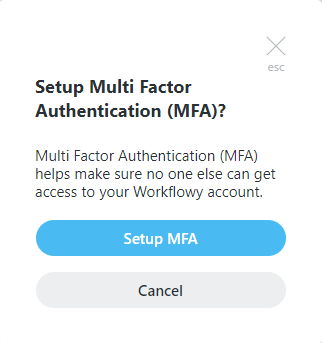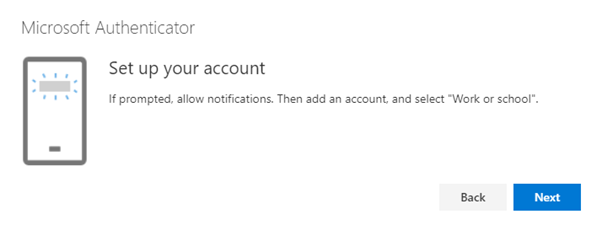
What are my authentication options for MFA?


More than 99.9% of accounts compromised by cyber attacks can be blocked by using MFA – Source: Microsoft, 2022.Over 93% of healthcare organisations experienced a data breach from 2017 to 2020 – Source: Herjavec Group, 2020.Up to 80% of data breaches can be prevented by simple actions like enabling MFA – Source: DBIR, 2020.Hackers can use ransomware viruses to hold medical records or devices hostage, risking your access to vital tools and information. Why is MFA important to the NHS?Ĭyberattacks on electronic health records and other systems pose a risk to patient privacy because hackers could access sensitive information, potentially causing harm to patient safety and care delivery. This second layer of security is designed to prevent anyone but you from accessing your account, even if they know your password. In addition to your email address and password, you will need to set up a second form of authentication, such as an authentication app on your mobile phone, text message, phone call or FIDO2 token. Multi-factor authentication (MFA) is an additional way of checking that it is really you when you log in to your account.

Normally you use your email address and password to log into your NHSmail account. What is Multi-Factor Authentication (MFA)?


 0 kommentar(er)
0 kommentar(er)
